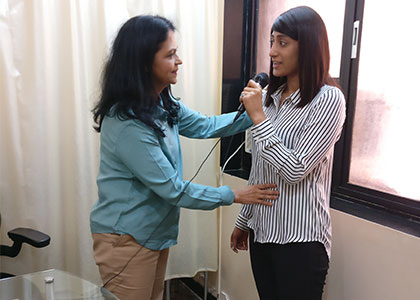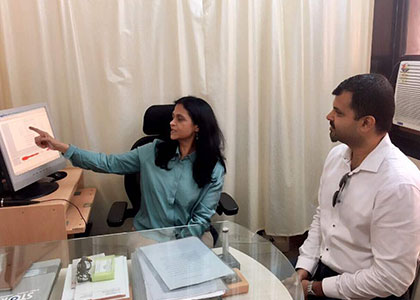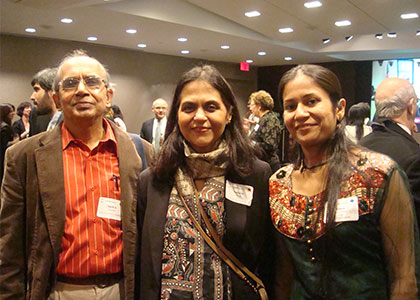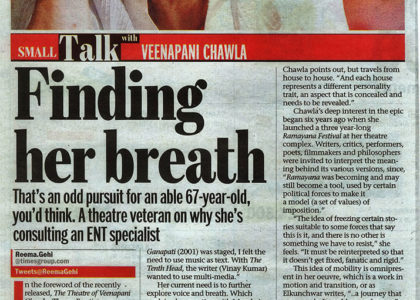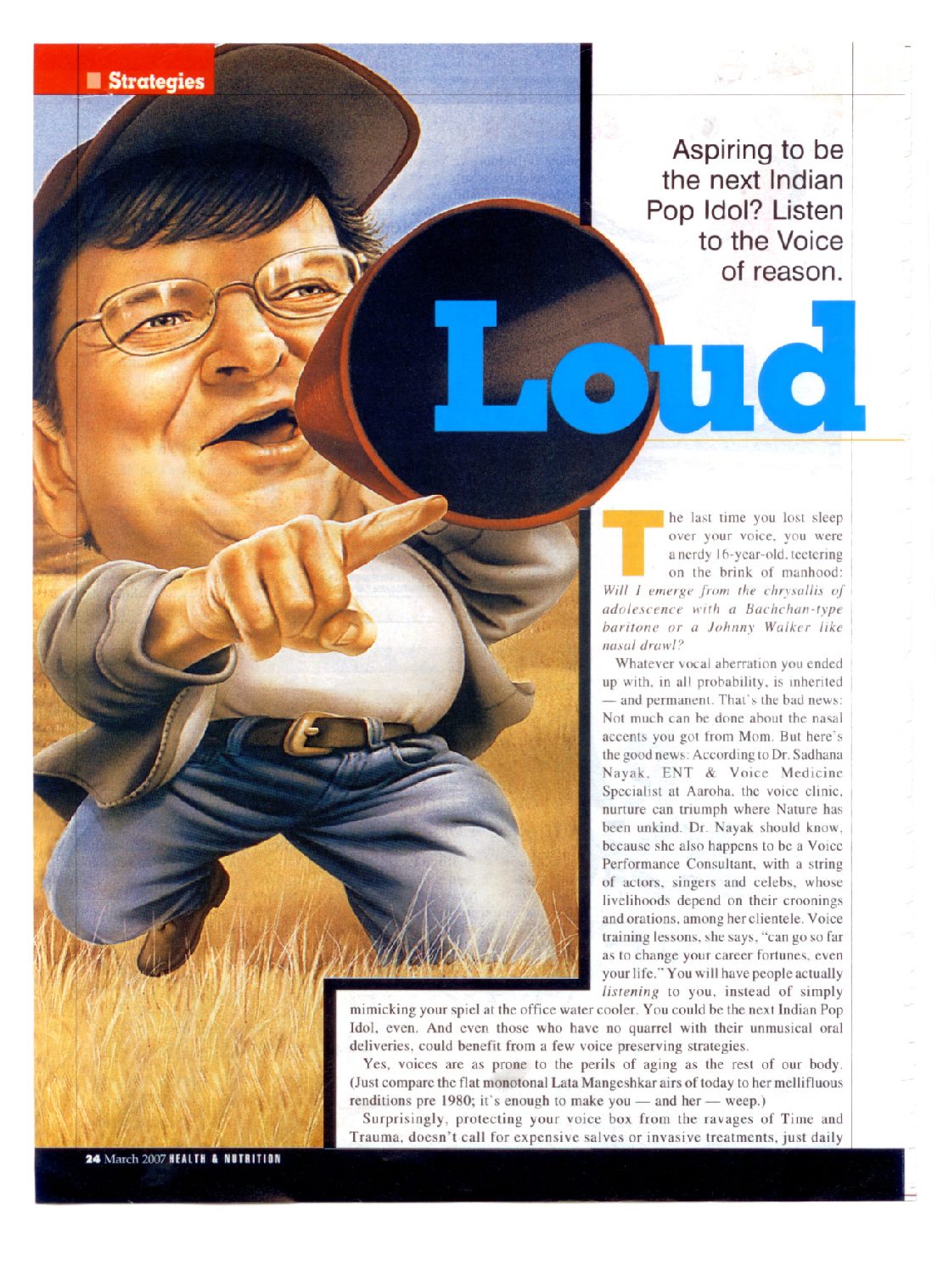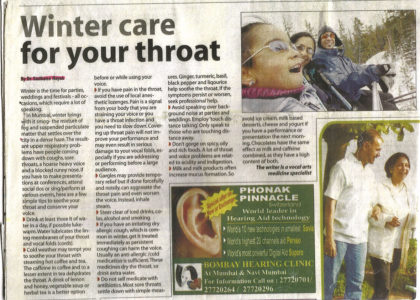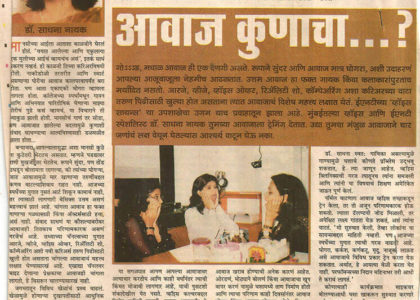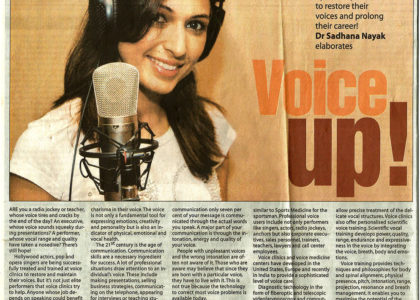ABOUT DR. SADHANA NAYAK- INDIA’S RENOWNED VOICE COACH
Dr. Sadhana Nayak is an internationally renowned vocal medicine specialist, voice coach and communication & performance consultant, based in Mumbai, India. She specializes in training, therapy, clinical care and medical treatment of professional and artistic voice users. She is currently a consultant laryngologist and vocal arts medicine specialist at Nanavati Superspecialty Hospital, Mumbai. Combining her expertise as an E.N.T surgeon and laryngologist with her training in vocology, mind-body medicine and Hindustani classical singing, Dr. Nayak brings a unique insight, vast experience and a holistic approach to her work with clients in India and from around the world.
After her Master of Surgery in E. N.T, Dr. Nayak did a fellowship in ‘Laryngology and Care of the Professional Voice’ at Thomas Jefferson University in Philadelphia, U.S.A. She is a certified teacher of Fitzmaurice Voicework, a vocal training methodology, taught in world-class performance training programs at the Yale School of Drama, Harvard University and other institutions in the U.S.A and Europe. She is an associate of Dr. Ann Utterback, broadcast voice coach in Washington D.C, for CNN, NBC and CBS. Dr. Nayak has been honoured with prestigious national and international awards and fellowships, including the Fulbright and Commonwealth fellowships. She is on the editorial advisory board of ‘Voice and Speech Review’, a scholarly journal of VASTA, U.S.A.
Dr. Sadhana Nayak is recognized as a top voice doctor and coach for professional vocalists. She has a conservative approach to the rehabilitation and treatment of voice disorders. As a voice doctor, she helps vocal artistes and performers recover from a voice disorder through voice therapy and non-surgical adjunctive approaches. As a vocologist and voice coach, she goes beyond therapy and medical treatment, and helps optimize the voice, to achieve peak performance levels for singing, acting and public speaking.
SERVICES
Our unique and personalized training programs integrate vocal science & medicine, speech physiology and psychology with vocal arts and communication & performance skills to produce transformative and lasting changes in your communication, performance and artistic expression. We also help you take better care of your voice and rehabilitate a voice, speech or breathing disorder.



